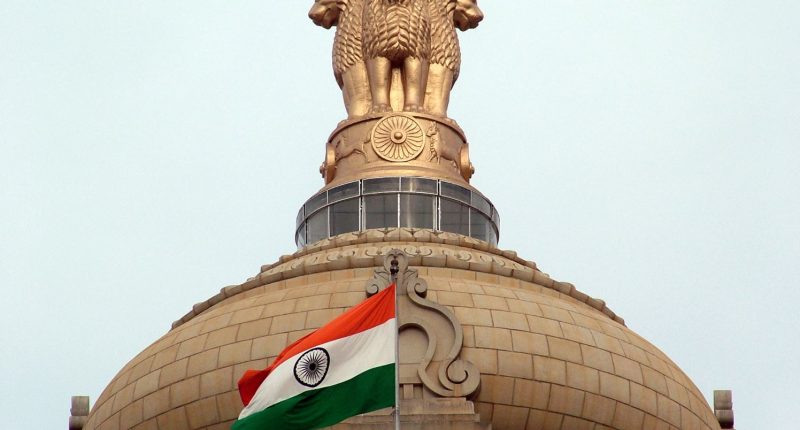The tensions between India and China do not seem to simmer down, even after troops on the border have been disengaging. The tension between the two countries hit a four-decade low after the government attempted to reduce the dominance of Chinese apps and companies in the Indian market, banning over 200 apps including TikTok and PUBG. The fact that there was still tension between the neighboring Asian countries was confirmed today, after Chinese tech giants Huawei and ZTE Corp were excluded from India’s plans to roll out its 5G networks.
That’s right, India is finally ready to roll out 5G, but it looks like Chinese companies will not get a piece of the action.
The telecom ministry in India said in Tuesday that it had allowed over a dozen Telecom Service Providers (TSPs), which included Bharti Airtel, Reliance Jio, Vodafone Idea (VI), and MTNL, to conduct a six-month trial for the use and application of 5G technology in the country. These firms would be working with non-Chinese equipment manufacturers and tech providers Ericsson, Nokia, Samsung, and C-Dot.
India is moving forward with its mission of Aatmanirbhar Bharat, and the exclusion of Chinese telecom giants (which offer some of the best 5G services in the world) is a testament to that fact.
In a press release, the Department of Telecommunications (DoT) added that Reliance Jio would be conducting trials using its own indigenous technology.
“The experimental spectrum is being given in various bands which include the mid-band (3.2 GHz to 3.67 GHz), millimetre wave band (24.25 GHz to 28.5 GHz) and in Sub-Gigahertz band (700 GHz). TSPs will also be permitted to use their existing spectrum owned by them (800 MHz, 900 MHz, 1800 MHz and 2500 MHz) for the conduct of 5G trials,” the press release said.
“The objectives of conducting 5G trials include testing 5G spectrum propagation characteristics especially in the Indian context; model tuning and evaluation of chosen equipment and vendors; testing of indigenous technology; testing of applications (such as telemedicine, tele-education, augmented/ virtual reality, drone-based agricultural monitoring, etc.); and to test 5G phones and devices,” the release said.
The trials will run for 6 months, including 2 months to procure equipment. The press release added that the permission letters “specify that each TSP will have to conduct trials in rural and semi-urban settings also in addition to urban settings so that the benefit of 5G Technology proliferates across the country and is not confined only to urban areas.” This will ensure that the newest generation of cellular technology would not be limited to urban areas, and would cover rural areas as well.
The chosen TSPs have been encouraged to use 5Gi, a variant of 5G, during the trials. 5Gi technology, which was developed by IIT Madras, Centre of Excellence in Wireless Technology (CEWiT) and IIT Hyderabad, has been approved by the International Telecommunications Union (ITU) since it facilitates a much larger reach of 5G towers and radio networks.
The telecom industry in India is expected to grow, with telecom companies expected to invest $4 billion in setting up 5G infrastructure. “Telecom infrastructure has become part of national security assets and nations are looking at controlling and regulating them just like they do power and water,” said Nikhil Batra, an analyst at International Data Corp. “But the Indian market is already battling infrastructure and regulatory problems. The network equipment market is a small one. So India’s challenges will compound from such a decision.”
The Tech Portal is published by Blue Box Media Private Limited. Our investors have no influence over our reporting. Read our full Ownership and Funding Disclosure →






